
A display section of DHgate, a Chinese cross-border business-to-business e-commerce platform, in Chengdu, Sichuan province. (ZHANG LANG/CHINA NEWS SERVICE)
DHgate, a Chinese cross-border business-to-business e-commerce platform, is doubling down on the fast-growing social commerce sector, which means a person's entire shopping experience-from product discovery to the check-out process-takes place on a social media platform, as part of its broader push to accelerate the digital transformation of traditional global trade.
China's Generation Z consumers, those born between the mid-1990s and the early 2010s, have shown a rising demand for personalized, niche and intelligent products, said Diane Wang, founder, chairperson and CEO of DHgate, adding the company attaches great importance to the purchasing power of the younger generation.
According to her, the sales of intelligent equipment, such as robot vacuum cleaners, scooters and wearable devices via the online platform of DHgate surged more than 200 percent year-on-year in 2021.
Gen Z accounts for one-third of the global population, becoming the largest generation group in the world, said a survey conducted by data.ai, a US-based mobile analytics company. Their strong willingness to consume is leading the global consumption trend and bringing great changes to global trade.
"As for the booming social commerce segment, we aim to help Chinese manufacturers, brands, and small and medium-sized enterprises access global private domain channels, as well as empower Gen-Zers and content creators, including internet celebrities, key opinion consumers and brand owners,"Wang said.
The global social commerce industry is expected to grow three times as fast as traditional e-commerce to $1.2 trillion by 2025, said global consultancy Accenture. The growth is predicted to be driven primarily by Gen Z and millennial social media users, accounting for 62 percent of global social commerce spending by 2025.
DHgate is exploring new possibilities in the cross-border e-commerce industry driven by social media. It launched MyyShop, a social commerce software-as-a-service or SaaS platform in 2020, which connects Chinese supply chains with people owning substantial private domain traffic or influencers on social networking platforms worldwide.
Myyshop also provides social media-based services, such as artificial intelligence-powered smart product selection and smart logistics services, and helps micro, small and medium-sized enterprises, especially entry-level merchants and individuals with social influence, run their online stores as direct sellers.
Wang said the relationship between production and consumption in the global trade and the global supply chain is being reshaped in the social commerce era. "Everyone can participate with a much lower entrance level, including small and micro-entrepreneurs and social media creators."
She added the number of active users on MyyShop increased 76.3 percent year-on-year in the first quarter of this year, while the number of paying users rose 65.6 percent year-on-year, with the gross merchandise value, or GMV, skyrocketing by 845.5 percent on a yearly basis.
"Currently, MyyShop works with more than 50, 000 influencers and content creators worldwide. Our goal is to reach 500,000 influencers and content creators across the globe this year," Wang said.
Social commerce empowers smaller brands and individuals and makes big brands reevaluate their relevance for a marketplace of millions of individuals, said Oliver Wright, global consumer goods and services lead at Accenture.
Being engaged in the social commerce sector means working together within a dynamic ecosystem of platforms, marketplaces, social media and influencers to share data, insights and capabilities to deliver the right incentives and best consumer experience across an integrated digital marketplace, Wright added.
Founded in 2004, DHgate serves more than 2.4 million registered suppliers and over 46.6 million registered buyers, covering 223 countries and regions around the world, with more than 100 international logistics routes and over 10 overseas warehouses.
"China's young generation is emerging as mainstream consumers and becoming the driving force in the growth of homegrown brands due to their higher disposable income, as well as personalized and diversified demand," said Bai Ming, deputy director of the international market research department at the Chinese Academy of International Trade and Economic Cooperation.








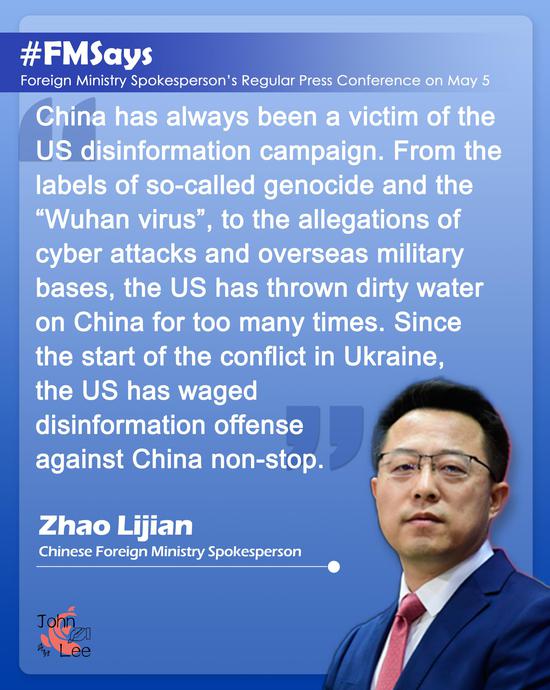

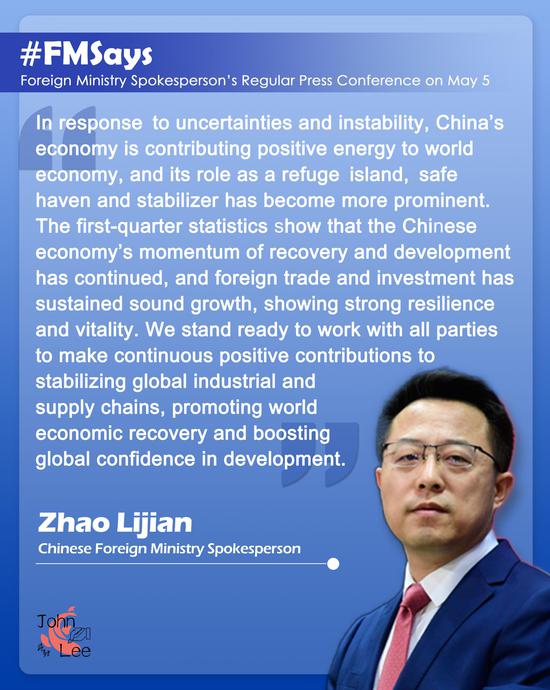











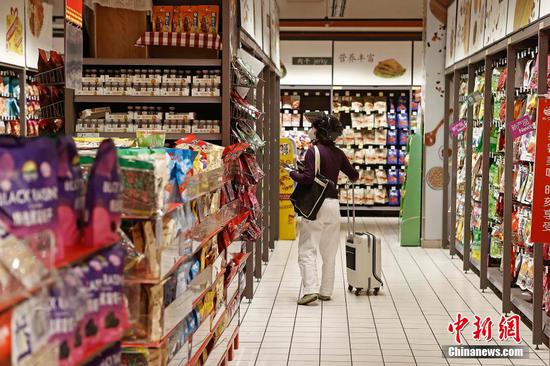




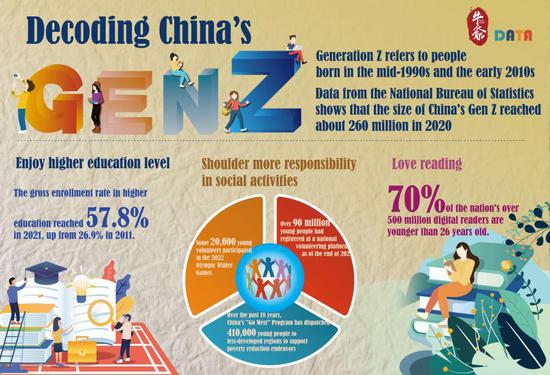








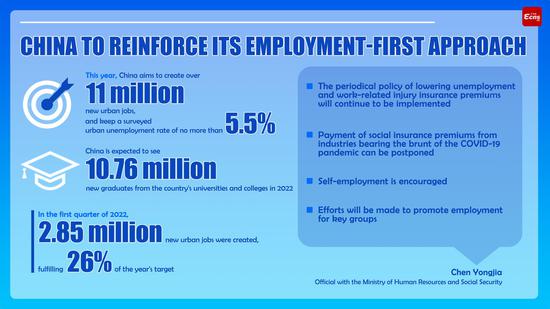
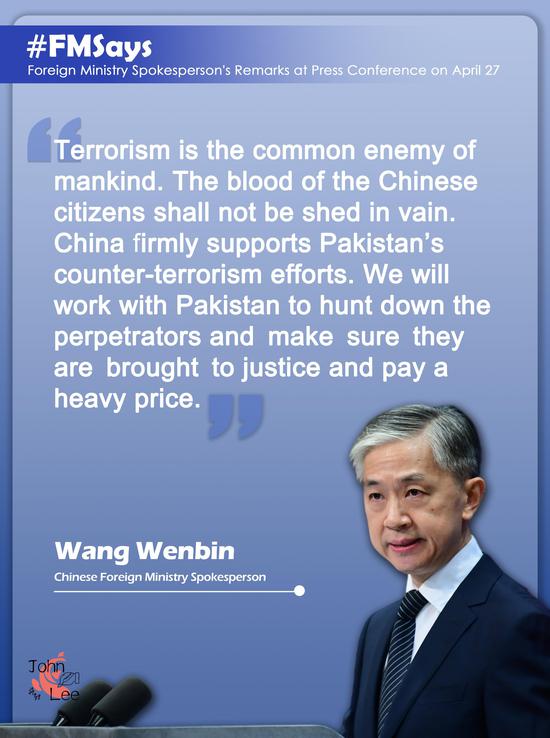


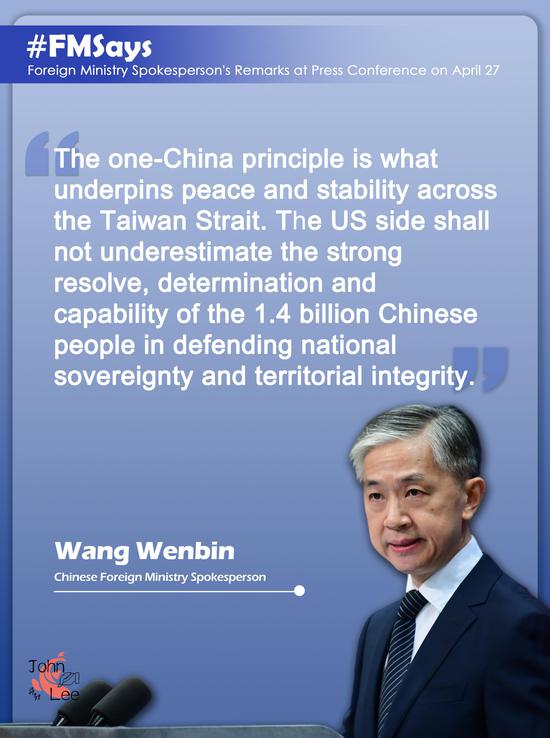



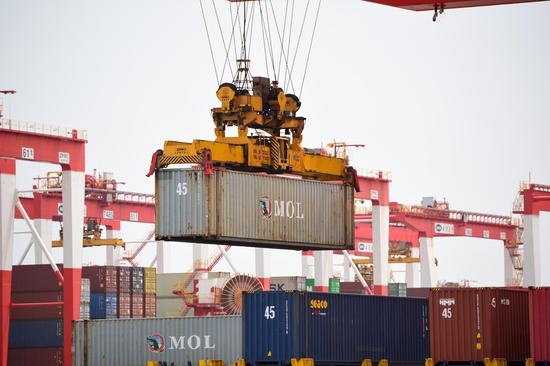





 京公网安备 11010202009201号
京公网安备 11010202009201号